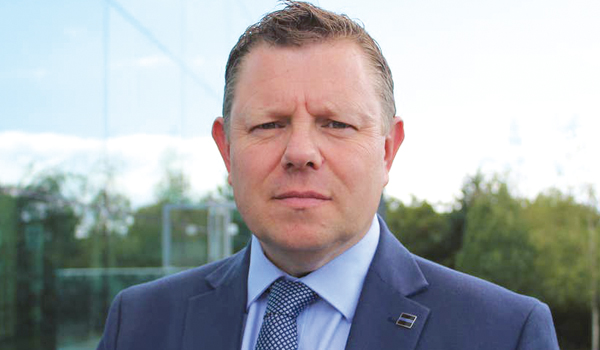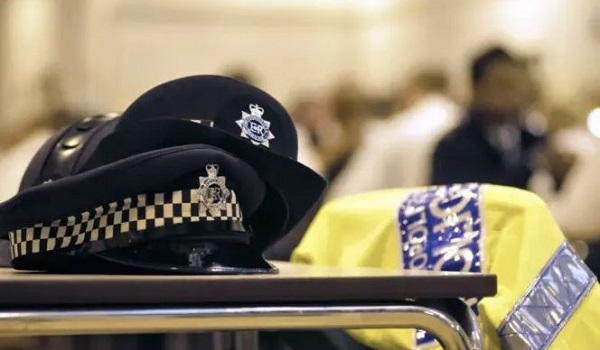Police leaders agree new consensus on suicide prevention
Police leaders and staff associations have reached a consensus agreement on a joint strategy to reduce the number of deaths by suicide across the police service in England and Wales.
‘Working together to prevent suicide in the police service’ acknowledges the progress that has been made to reduce mental health stigma so far. It also recognises that the service must work together to improve the mental health of its people.
The consensus statement was developed using learnings from the ambulance service’s approach to suicide prevention by Oscar Kilo, the National Police Wellbeing Service (NPWS).
“This is a hugely important commitment for policing, and I am encouraged by the support this has received from across policing and government. The National Police Chiefs’ Council (NPCC) suicide prevention working group has been working tirelessly for years and today’s statement is testament to their advocacy,” said Andy Rhodes, Oscar Kilo service director.
“Research demonstrates the police service culture is changing with evidence of reduced stigma and awareness of the impact of police work on our mental health.
“Our suicide prevention approach recognises the vital role these preventative activities play in helping to reduce escalation into mental health crisis, whilst acknowledging there is more to do.
“The suicide prevention consensus will address gaps in awareness, education and data collection specific to suicide and allow us to ensure that we are doing everything we can to support police forces, making sure they have the tools and guidance they need to support their staff.”
Recommendations following the publication of the consensus include:
- Improvements to the way data is recorded on police officer and staff death, serious injury and suicide, as proposed by the 2020 Officer and Staff Safety Review (OSSR);
- Support for family and friends of police officers and staff; and
- Commissioning a toolkit to support staff in the event of a suicide, which will be incorporated into the NPWS’s Blue Light Wellbeing Framework.
Martin Hewitt, chair of the NPCC, said: “Policing is by its nature a stressful job and officers are exposed to some of life’s most challenging situations on a daily basis. As leaders, we have a responsibility to look after the people whose job it is to keep us all safe.
“As the stigma around mental health has slowly reduced in recent years, we have seen hidden issues emerge, such as high levels of stress and trauma, which can lead to serious problems if they are not properly addressed.
“The NPWS, with support from leading charities and staff associations, has already done crucial work to change attitudes towards mental health in policing. By providing services like occupational health provision, along with additional training and health checks, we have become better equipped to support the wellbeing of our officers and staff. Our work has already made a difference and more police officers and staff feel OK to say they’re not OK.
“We recognise, however, that there is more to do, and this commitment is a vitally important and encouraging development. The work Oscar Kilo is undertaking with colleagues in the health service will undoubtedly help us to develop the consensus statement, create guidance informed by the latest best practice and research, and ultimately, ensure we are doing everything we can to support our people.”
Andy Marsh, chief executive officer of the College of Policing, added: “We joined the service to protect people and this must include our own staff. Despite our differing roles in policing, we are all leaders and have a responsibility to look out for the welfare of colleagues and remember that if we are suffering ourselves there is help available.”







